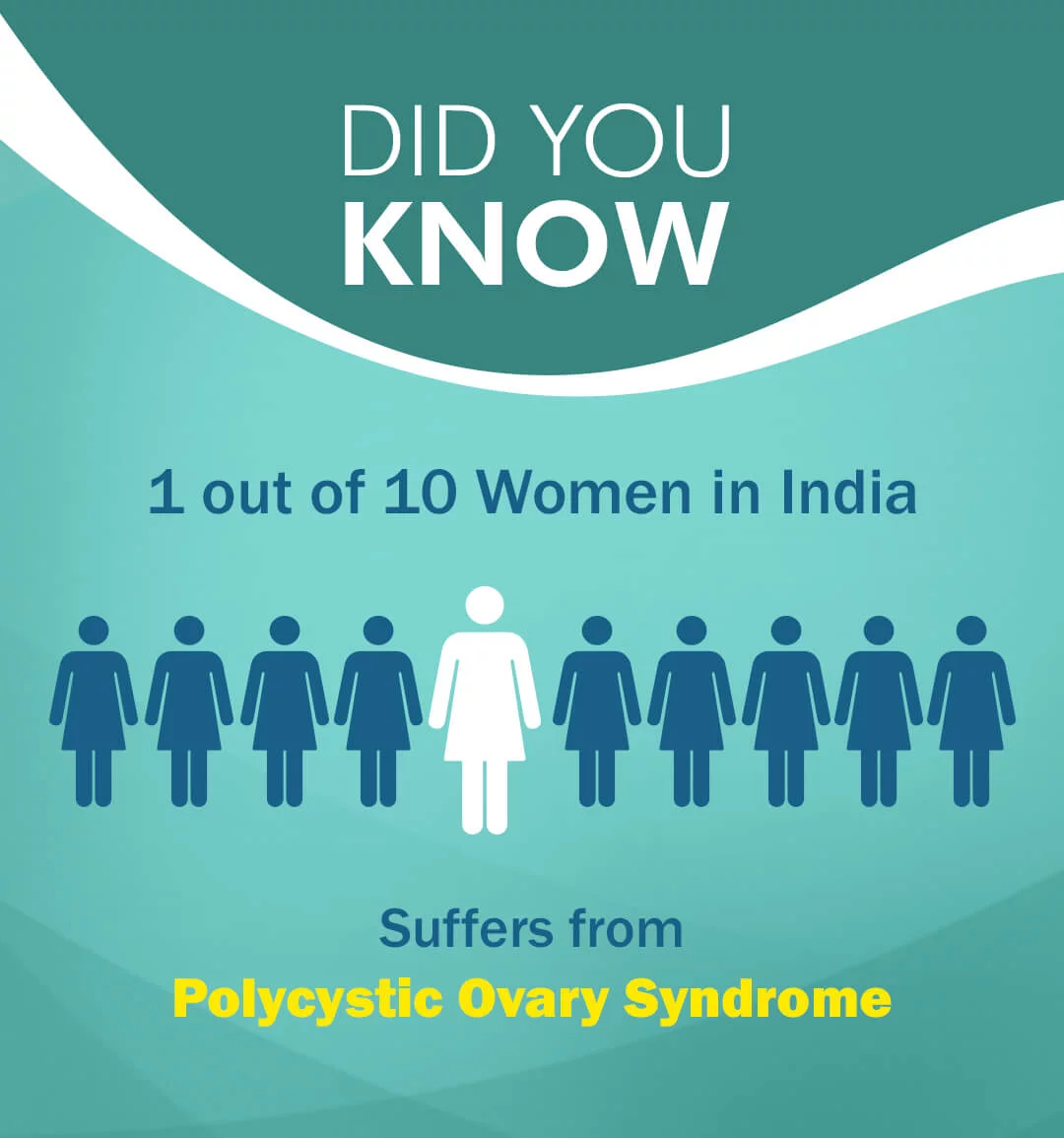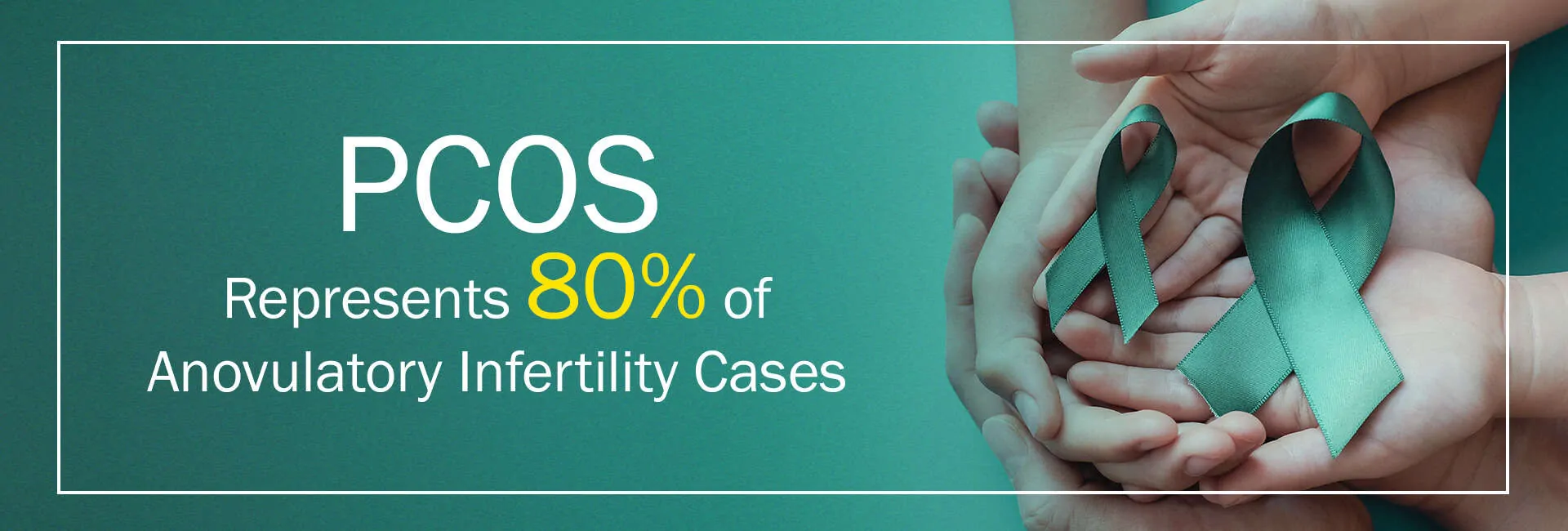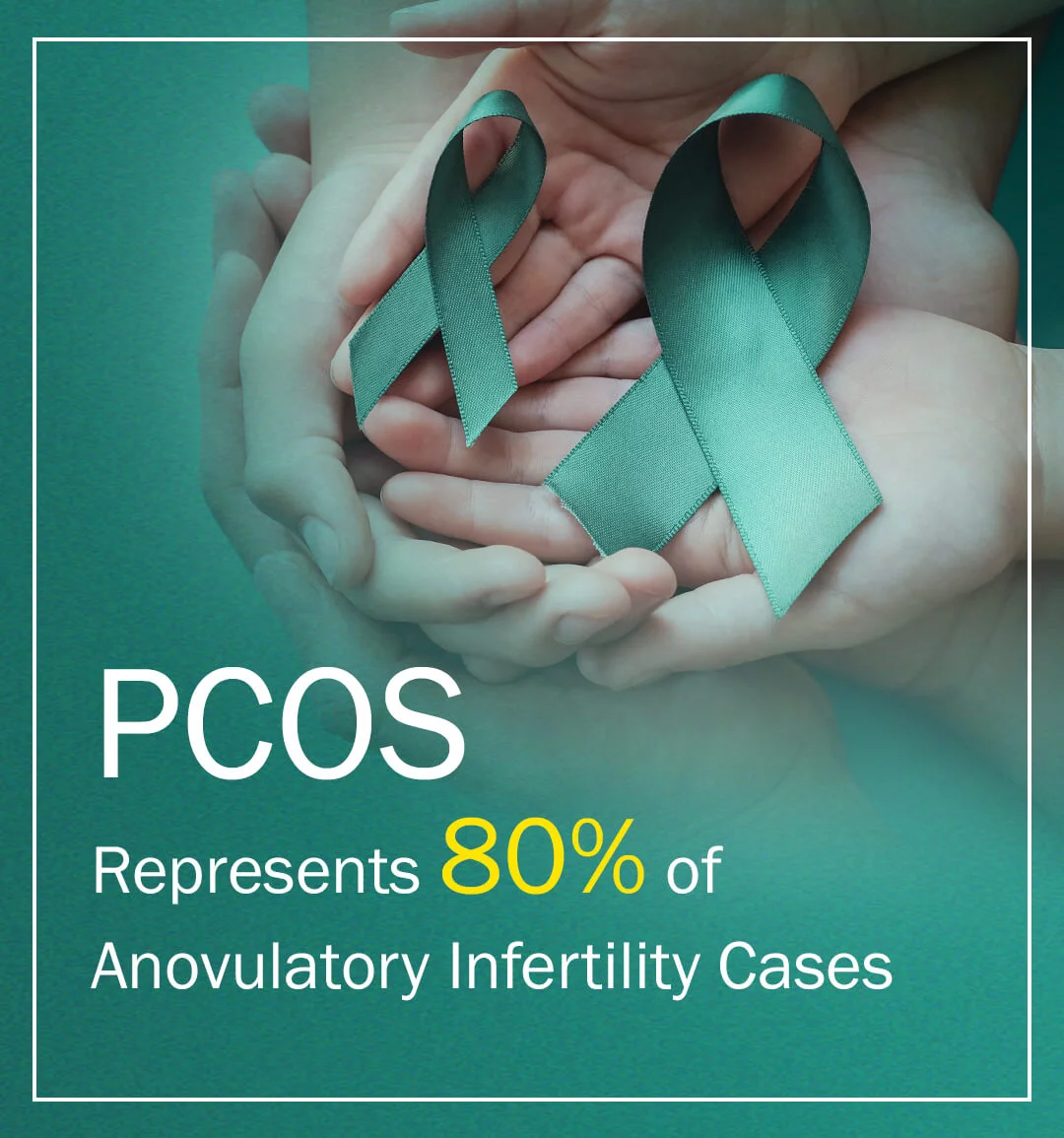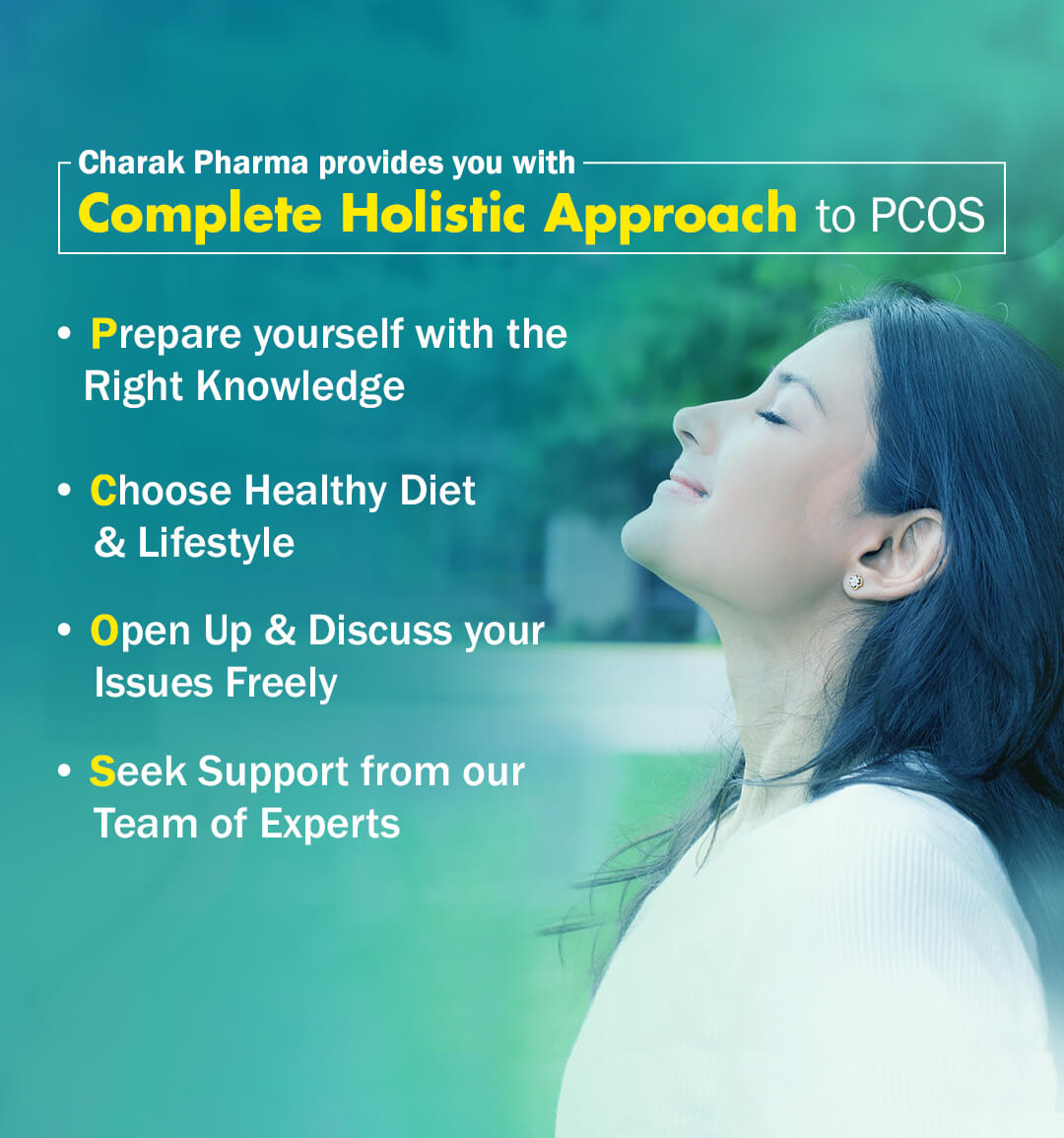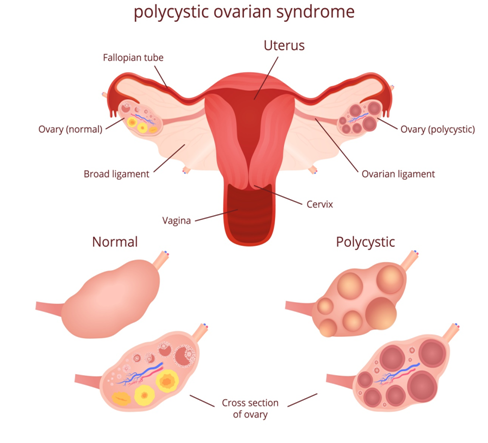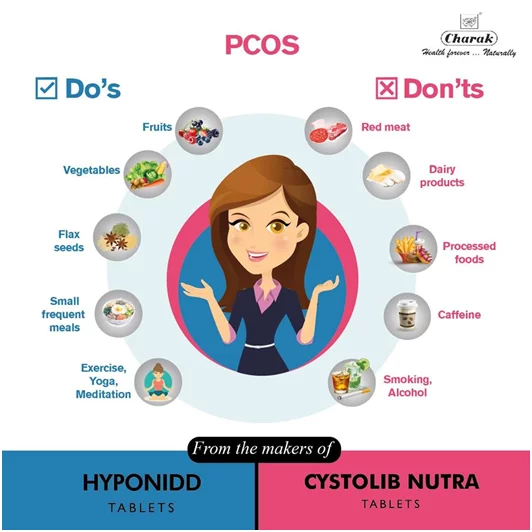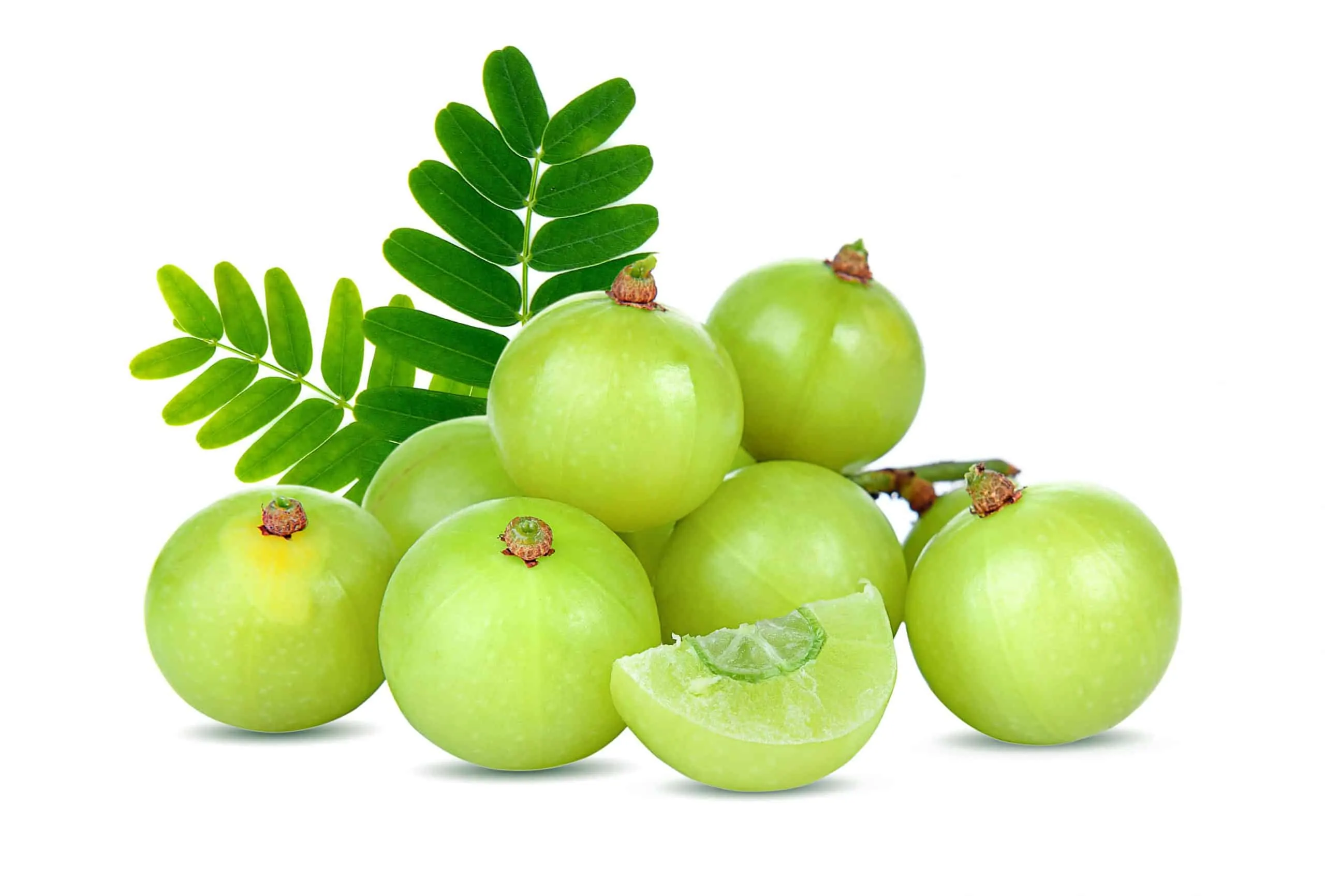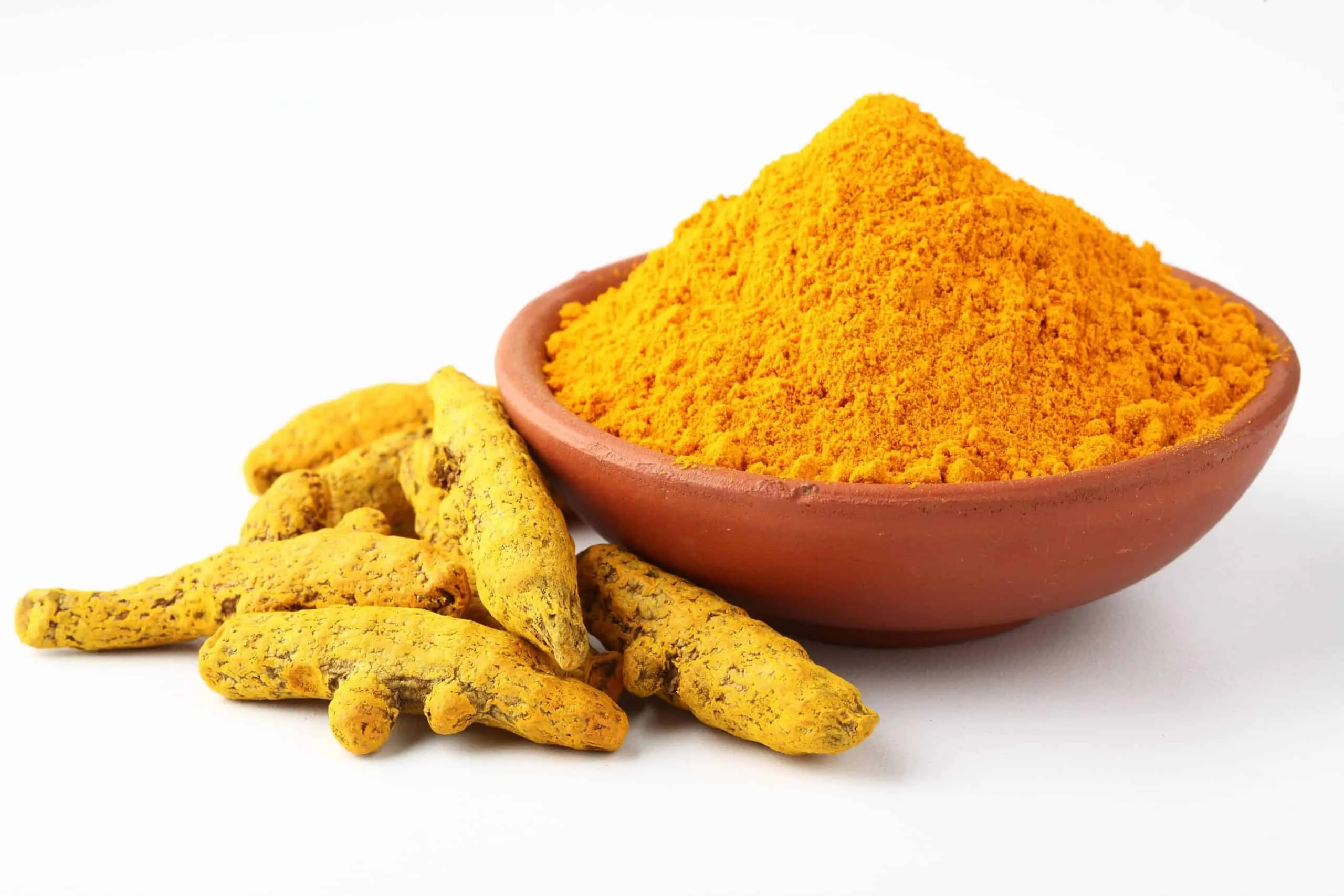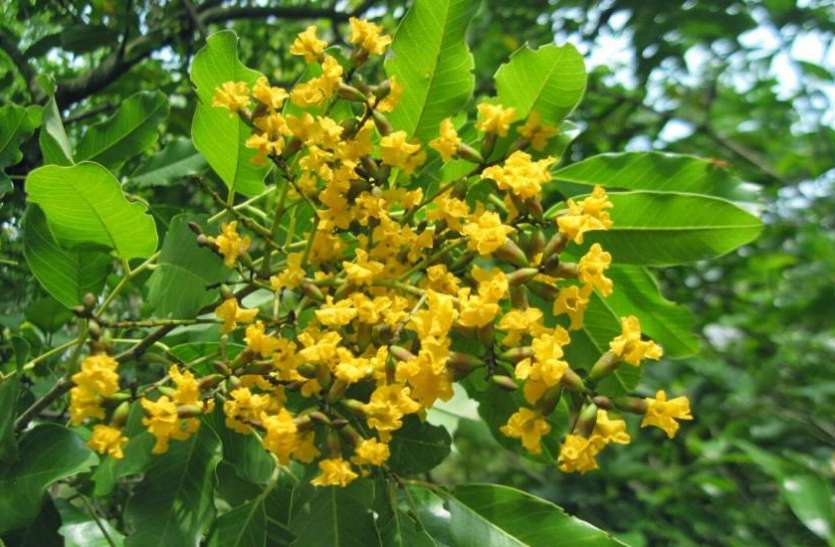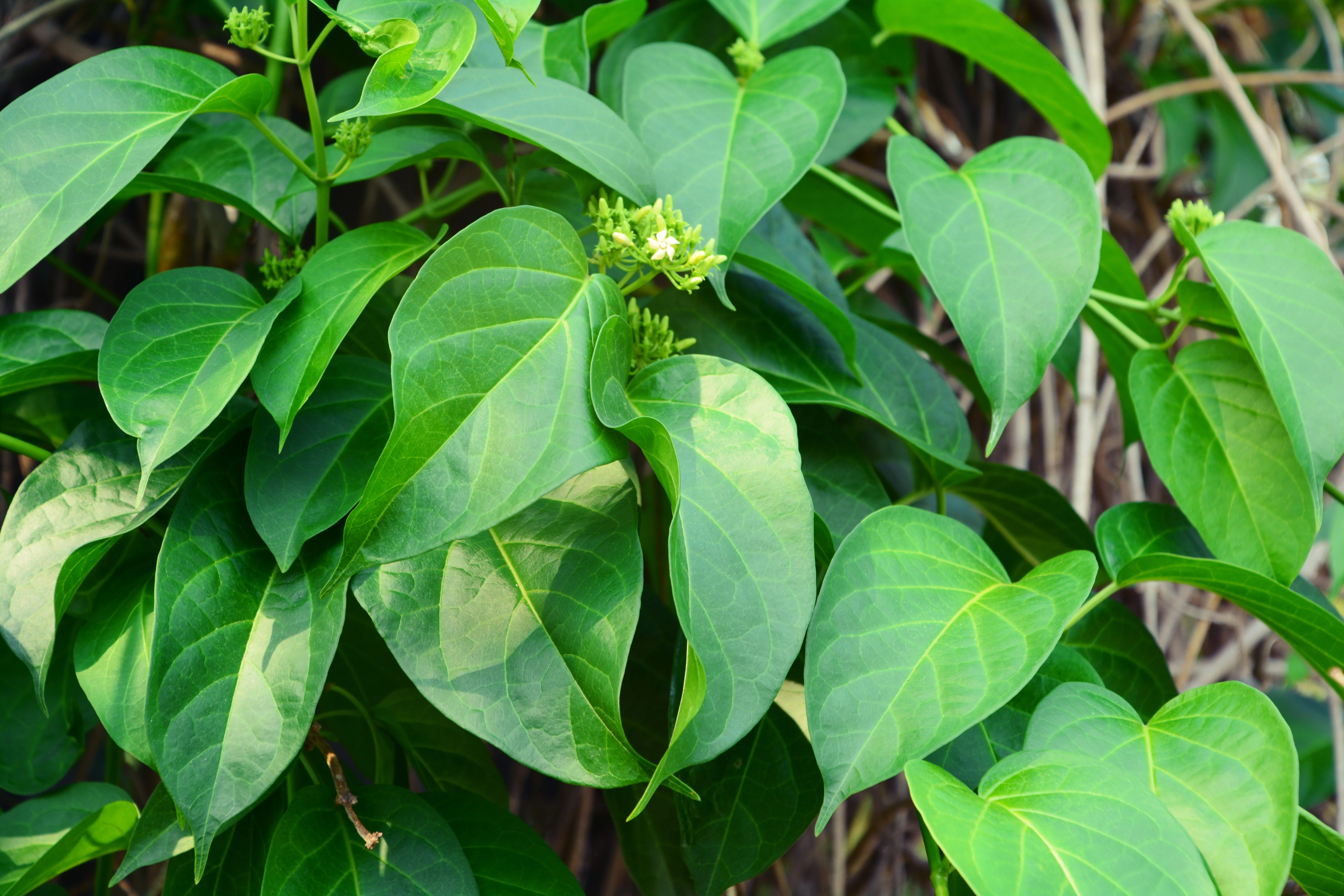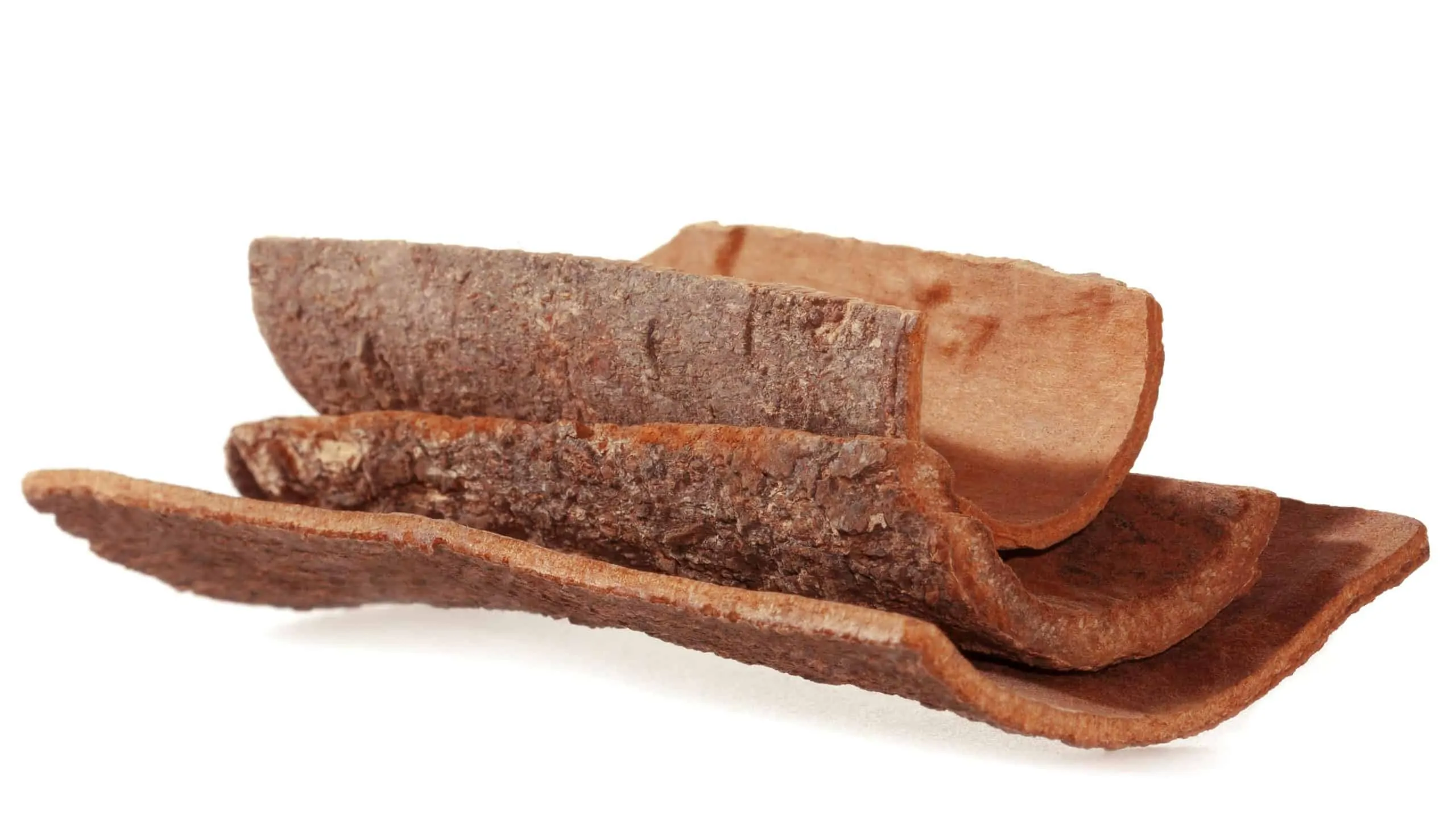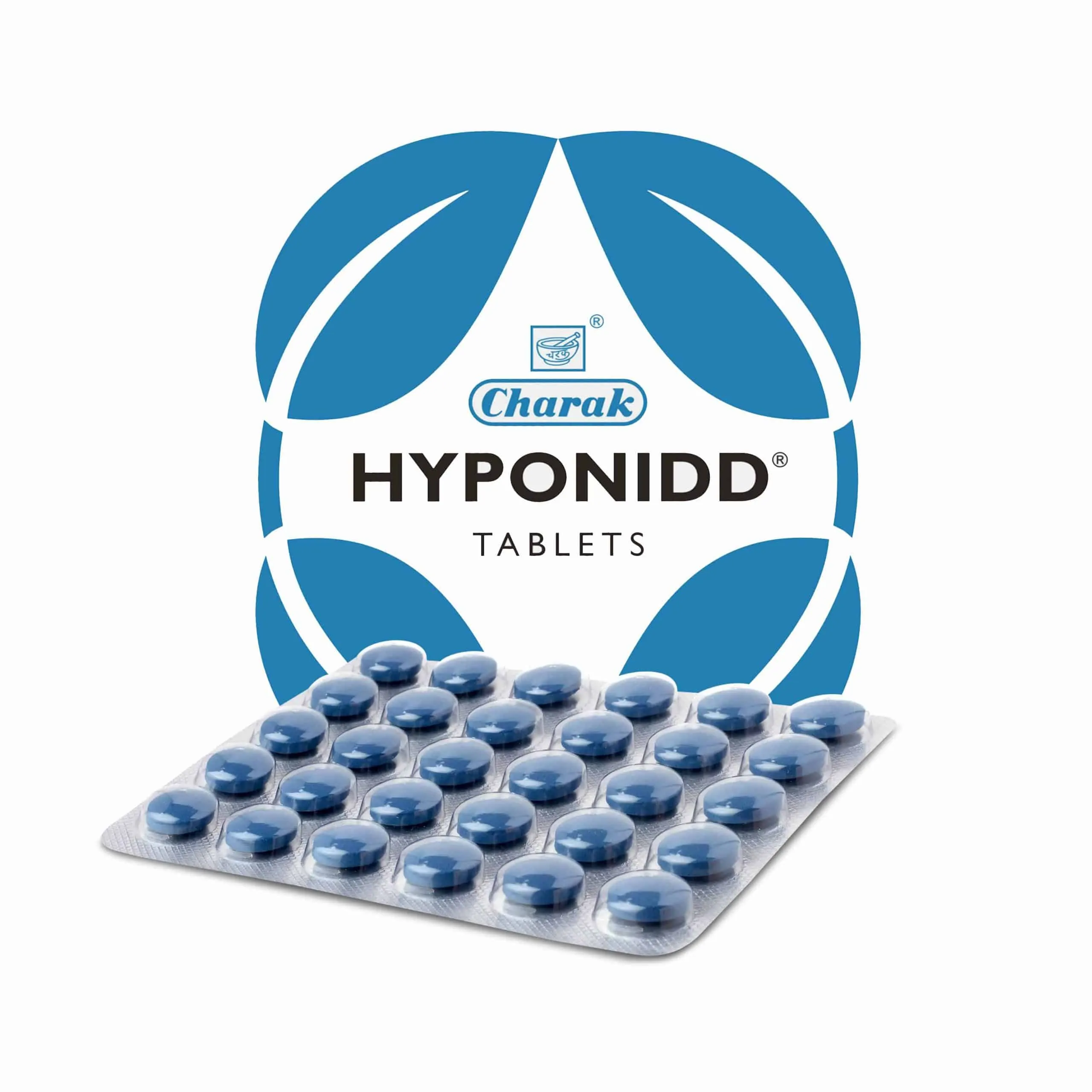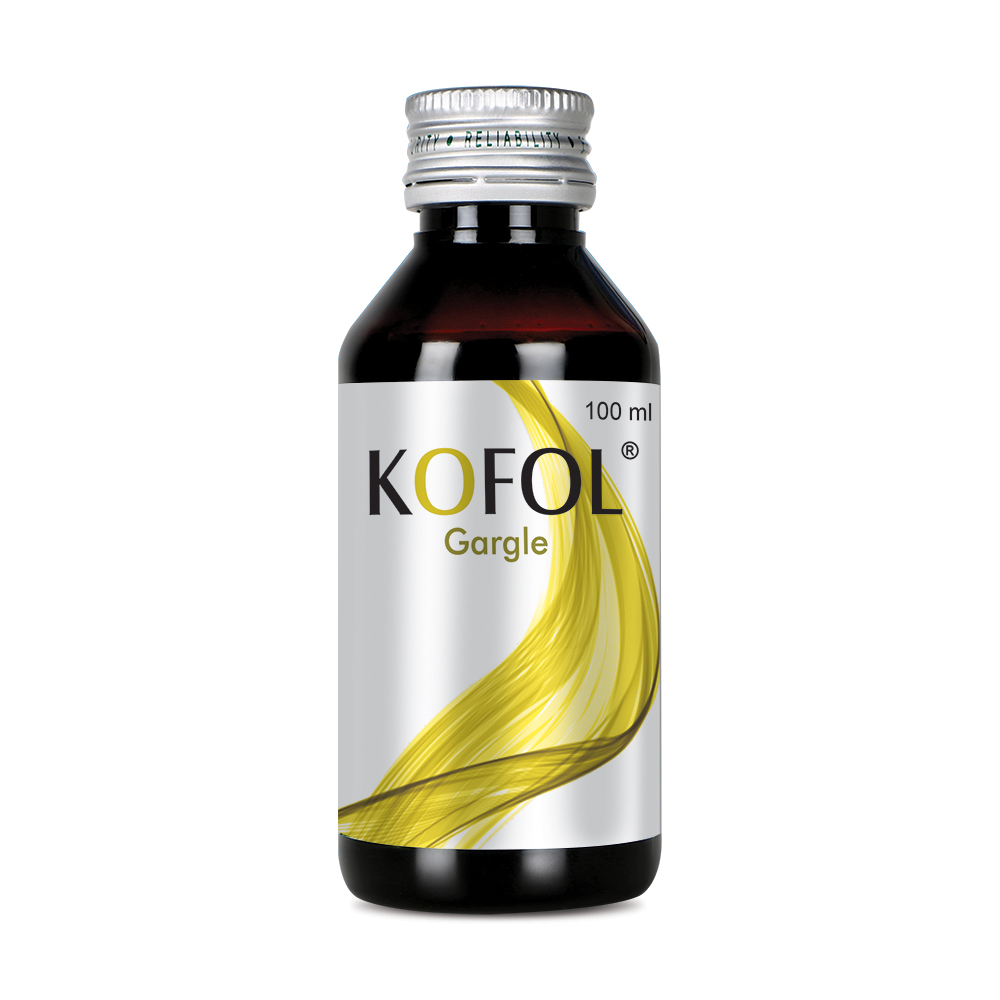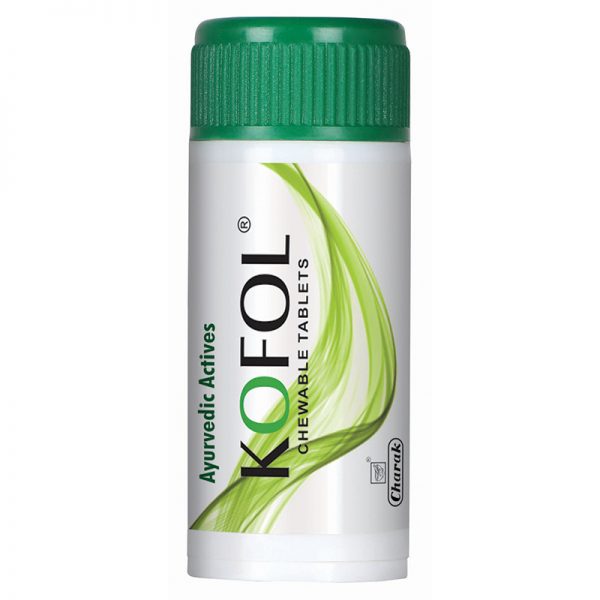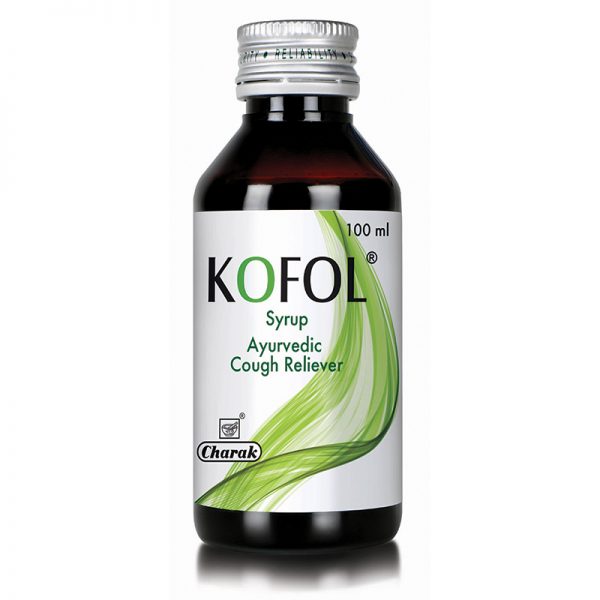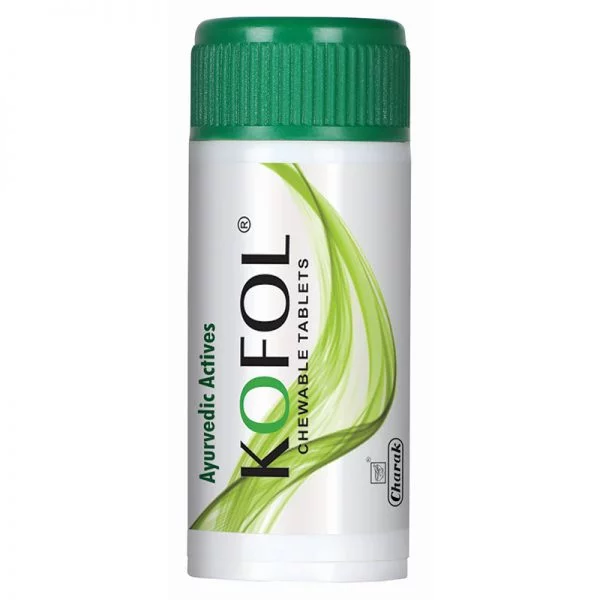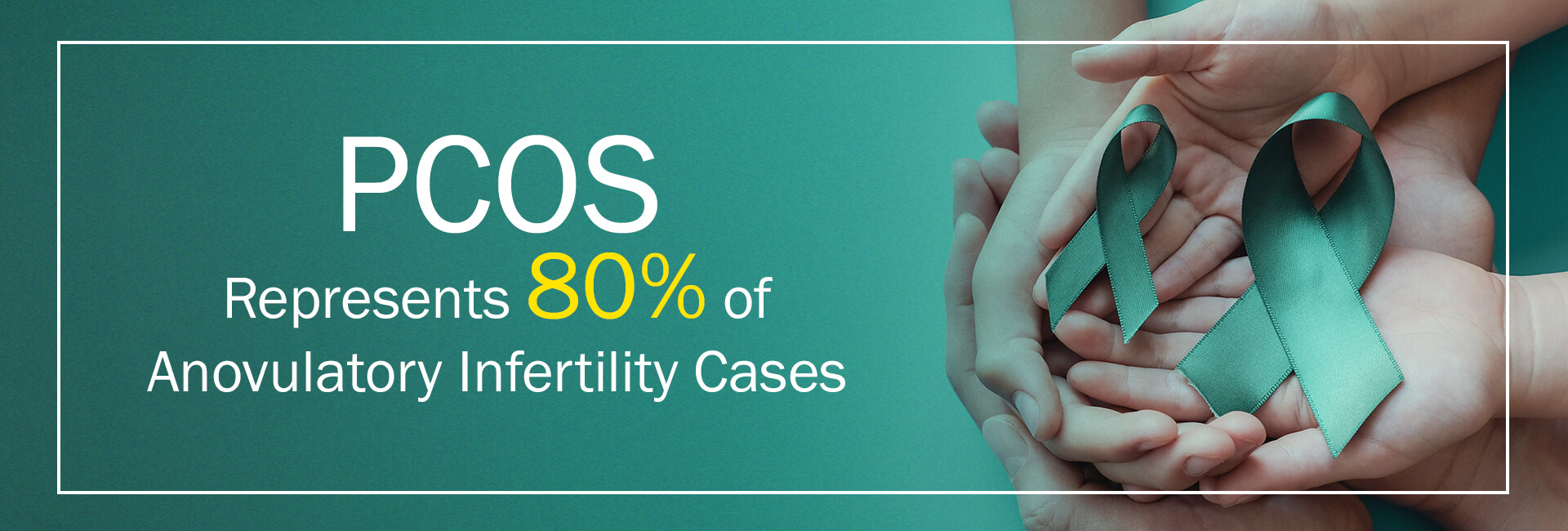The exact cause of PCOS is still not known. Some factors associated with PCOS are:
- Heredity
It is seen that a women with this disorder, may have a mother or sister who has PCOS. PCOS runs in the family.
- Insulin resistance
If a woman has PCOS, her body is not able to utilize insulin properly. Insulin is a hormone that helps the body use sugar from foods for energy. When insulin is not used properly, the body’s demand for insulin increases. And to compensate, our body produces more insulin. More amount of insulin triggers the ovaries to produce more male hormones.
Lifestyle changes
Eating a lot of junk food, binging, keeping awake late in the night, lack of sleep, sedentary lifestyle are all precursors to metabolic diseases which include PCOS.

